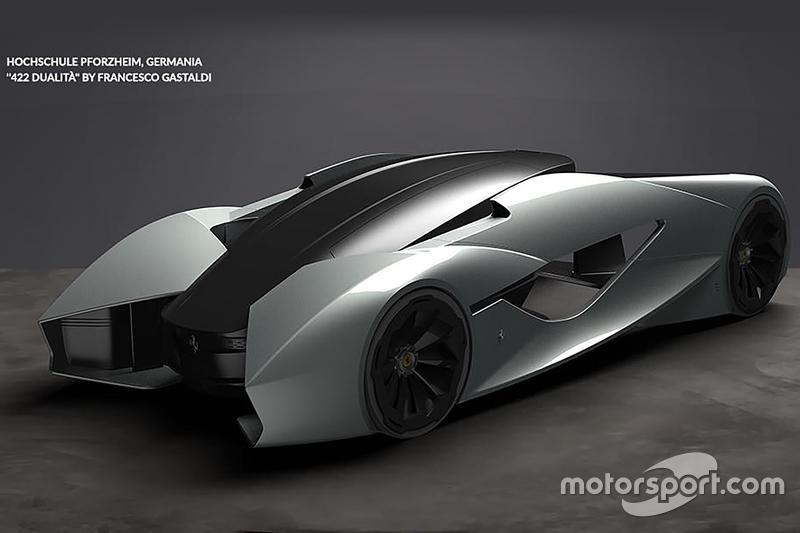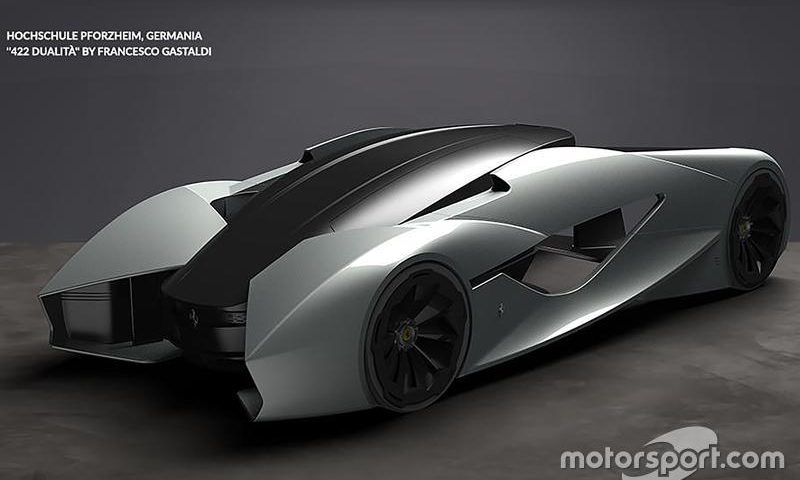
BMW Denies Diesel Cheating as EU, Germany Probe Auto Cartel
BMW Denies Emissions Gear Collusion
BMW AG sought to defuse concerns about possible collusion with other German automakers by rejecting allegations of cheating on diesel emissions and downplaying talks with rivals as being focused on promoting exhaust-treatment technology in Europe.
With uncertainty clouding the German auto industry, BMW said it has gone further than competitors to ensure its diesel cars meet regulatory guidelines while still performing well on the road. The company says it combines AdBlue fluid to neutralize pollutants as well as a system that stores nitrogen-oxide emissions, adding it sees no reason to recall or upgrade its latest diesel vehicles. The company is suggesting a voluntary upgrade on older Euro five models.
“We challenge to provide the best harass treatment systems,” the Munich-based automaker said in statement Sunday afternoon. “Unlike other manufacturers, BMW Group diesel vehicles employ a combination of various components to treat harass emissions” and thereby “fulfill all legal emissions requirements and also achieve a very good real-life emissions spectacle.”
German automakers are under intense scrutiny after a report in Der Spiegel magazine on Friday said BMW, Daimler AG and Volkswagen AG, including its Audi and Porsche brands, may have colluded for decades on technology, including the size of AdBlue tanks. European Union and German authorities are studying possible collusion among German automakers, according to a statement released Saturday.
“It will be utterly sophisticated and difficult to assess the financial harm that these collusions have triggered,” Arndt Ellinghorst, a London-based analyst with Evercore ISI, said by e-mail. “There is also a large gray area inbetween legal and illegal collaboration.”
Extending declines from Friday, BMW fell Two.Five percent, Volkswagen declined Trio.1 percent and Daimler dropped Two.6 percent at 9:23 a.m. in Frankfurt trading.
Plain Refills
BMW said the combined emissions systems means its diesel cars use little AdBlue, a urea solution that treats nitrogen oxide, and so doesn’t need a large tank. When more fluid is required, drivers are notified by the vehicle and can lightly refill, according to the statement. The objective of discussions with other automakers worried creating an AdBlue tanking infrastructure in Europe, BMW said.
Meantime, Daimler chose to avoid “especially problematic” meetings with competitors after revelations of truck cartel in 2011, Sueddeutsche Zeitung reported, citing unidentified people familiar with the matter. Daimler declined to comment, as did Volkswagen.
Citing a document submitted by Volkswagen in July 2016, Spiegel reported that the five German car brands met kicking off in the 1990s to coordinate activities related to their vehicle technology, costs, suppliers and strategy as well as emissions controls in diesel engines. The discussions involved more than two hundred employees in sixty working groups in areas including auto development, gasoline and diesel motors, brakes and transmissions. Talks may have also involved the size of AdBlue tanks as well as details on retractable roofs for convertibles, the magazine reported.
The German cartel office, or Bundeskartellamt, said in a statement Friday that it searched the car companies last year as part of a probe into a possible steel cartel. It didn’t elaborate on a possible follow-up probe on car technology, telling it can’t comment on ongoing investigations.
According to the cartel office, the raid took place exactly a year ago and targeted six carmakers and suppliers. Der Spiegel said that the follow-up probe was essentially a by-product of that raid, which involved fifty employees of the cartel authority, aided by local police and regional law-enforcement officers.
“I advise the car industry to clear the air now, to say what has happened, and then we can look to the future together again,” Volker Kauder, caucus leader of Chancellor Angela Merkel’s Christian Democrat-led bloc in parliament, said Monday on ARD television. “If the antitrust violations were to prove true — and there’s a lot to suggest that — then one must indeed say the clear sentence: the rule of law also applies to the car industry.”
— With assistance by Richard Bravo, and Rainer Buergin
BMW Denies Diesel Cheating as EU, Germany Probe Auto Cartel
BMW Denies Diesel Cheating as EU, Germany Probe Auto Cartel
BMW Denies Emissions Gear Collusion
BMW AG sought to defuse concerns about possible collusion with other German automakers by rejecting allegations of cheating on diesel emissions and downplaying talks with rivals as being focused on promoting exhaust-treatment technology in Europe.
With uncertainty clouding the German auto industry, BMW said it has gone further than competitors to ensure its diesel cars meet regulatory guidelines while still performing well on the road. The company says it combines AdBlue fluid to neutralize pollutants as well as a system that stores nitrogen-oxide emissions, adding it sees no reason to recall or upgrade its latest diesel vehicles. The company is suggesting a voluntary upgrade on older Euro five models.
“We rival to provide the best harass treatment systems,” the Munich-based automaker said in statement Sunday afternoon. “Unlike other manufacturers, BMW Group diesel vehicles employ a combination of various components to treat harass emissions” and thereby “fulfill all legal emissions requirements and also achieve a very good real-life emissions spectacle.”
German automakers are under intense scrutiny after a report in Der Spiegel magazine on Friday said BMW, Daimler AG and Volkswagen AG, including its Audi and Porsche brands, may have colluded for decades on technology, including the size of AdBlue tanks. European Union and German authorities are studying possible collusion among German automakers, according to a statement released Saturday.
“It will be utterly elaborate and difficult to assess the financial harm that these collusions have triggered,” Arndt Ellinghorst, a London-based analyst with Evercore ISI, said by e-mail. “There is also a large gray area inbetween legal and illegal collaboration.”
Extending declines from Friday, BMW fell Two.Five percent, Volkswagen declined Trio.1 percent and Daimler dropped Two.6 percent at 9:23 a.m. in Frankfurt trading.
Plain Refills
BMW said the combined emissions systems means its diesel cars use little AdBlue, a urea solution that treats nitrogen oxide, and so doesn’t need a large tank. When more fluid is required, drivers are notified by the vehicle and can lightly refill, according to the statement. The objective of discussions with other automakers worried creating an AdBlue tanking infrastructure in Europe, BMW said.
Meantime, Daimler chose to avoid “especially problematic” meetings with competitors after revelations of truck cartel in 2011, Sueddeutsche Zeitung reported, citing unidentified people familiar with the matter. Daimler declined to comment, as did Volkswagen.
Citing a document submitted by Volkswagen in July 2016, Spiegel reported that the five German car brands met embarking in the 1990s to coordinate activities related to their vehicle technology, costs, suppliers and strategy as well as emissions controls in diesel engines. The discussions involved more than two hundred employees in sixty working groups in areas including auto development, gasoline and diesel motors, brakes and transmissions. Talks may have also involved the size of AdBlue tanks as well as details on retractable roofs for convertibles, the magazine reported.
The German cartel office, or Bundeskartellamt, said in a statement Friday that it searched the car companies last year as part of a probe into a possible steel cartel. It didn’t elaborate on a possible follow-up probe on car technology, telling it can’t comment on ongoing investigations.
According to the cartel office, the raid took place exactly a year ago and targeted six carmakers and suppliers. Der Spiegel said that the follow-up probe was essentially a by-product of that raid, which involved fifty employees of the cartel authority, aided by local police and regional law-enforcement officers.
“I advise the car industry to clear the air now, to say what has happened, and then we can look to the future together again,” Volker Kauder, caucus leader of Chancellor Angela Merkel’s Christian Democrat-led bloc in parliament, said Monday on ARD television. “If the antitrust violations were to prove true — and there’s a lot to suggest that — then one must truly say the clear sentence: the rule of law also applies to the car industry.”
— With assistance by Richard Bravo, and Rainer Buergin
